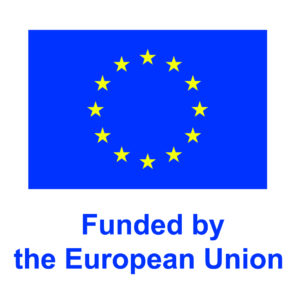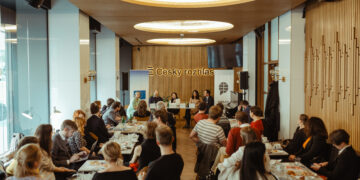Behind the Ballot: Unmasking Influence Narratives in Czechia, Slovakia, and Poland’s EP Races

With the June 2024 European Parliament (EP) elections approaching, several political figures and manipulative actors in the Czech Republic, Poland, and Slovakia are trying to exploit current political, economic, and social upheavals.
One of the main goals is to turn the EU into a scapegoat, a convenient villain to be blamed for the struggles within member states while presenting themselves as the solution to these issues, promising to restore stability and prosperity.
This strategy is not new. It taps into deep-seated dissatisfaction with the EU and its integration process, blending long-standing grievances with current issues to give them a more immediate and relevant appeal. Yet, there are also new trends emerging. Instead of advocating for exits from the EU (like ‘Czexit’ or ‘Slovexit’), some now call for reforming the Union from within, suggesting a looser ‘union of European nations’ with greater national sovereignty. Narratives surrounding Ukraine are shifting as well and new perspectives are arising.
Drawing on lessons from past EP elections and keeping track of prevalent anti-EU narratives in 2023, the background paper “Behind the Ballot: Unmasking Influence Narratives in Czechia, Slovakia, and Poland’s EP Races” strives to enhance prebunking efforts prior to the forthcoming vote. It begins with a brief analysis of each country’s stance towards the EU, exploring their evolving relationships with Brussels and the influencing factors. Then it examines the key narratives from the 2019 EP elections and maps out the EU-related issues that have emerged since early 2023. This comparison offers insights into the potential trends and themes for the upcoming 2023 EP elections.
The policy brief is a joint work of Nikoleta Nemečkayová (AMO), Andrei Yeliseyeu (EAST Center), and Michaela Ružičková (Adapt Institute).
The paper is a part of the project “Strengthening the Resilience of Czech, Slovak and Polish Societies Prior to the 2024 European Parliament Elections” supported by the EU. You can find more information about the project on its website.
Funded by the European Union. The views and opinions expressed represent the views and opinions of the authors and do not necessarily reflect the views and opinions of the European Union or the European Commission. Neither the European Union nor the European Commission can be held responsible.





